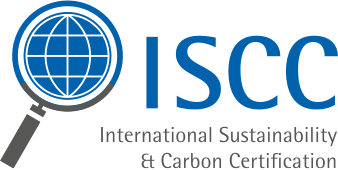Own laboratory
FAPRO has its own quality control testing lab for MBM intended for (aqua)feed, pet food and fertilizer. The rendered fat for biofuel is also continuously monitored by in-house specialists. This enables us to:
- quicker results, after 6 to 8 hours
- have immediate results on hand
- take immediate action for problem prevention and solutions



